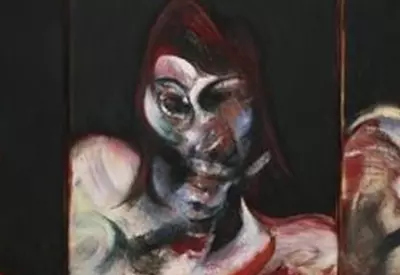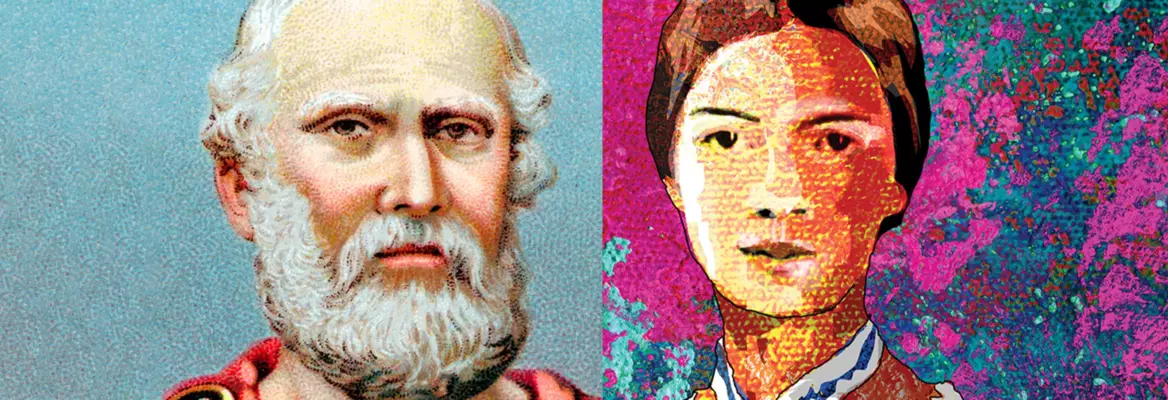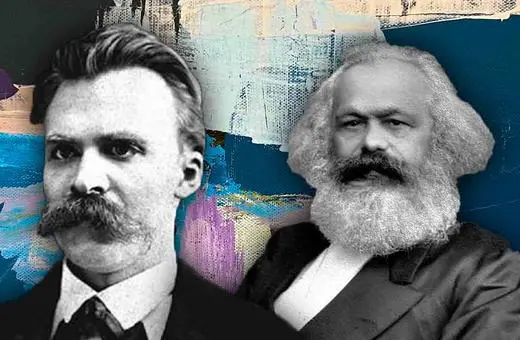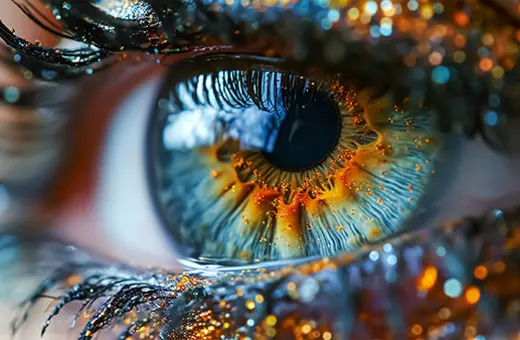Plato wanted to ban poetry because of its distance from truth. To this day, many philosophers favour straightforward, literal language which they think represents a singular truth. But, by embracing and playing with language’s ambiguity, argues Magdalena Ostas, poetry recognises and evokes reality’s inexhaustibility. This makes poetry a powerful way of doing philosophy – as Emily Dickinson’s poetic-philosophical investigation into the nature of the self demonstrates.
We usually don’t think of poetry as a powerful tool for thinking. We definitely don’t think of poetry as an agent of forceful philosophical thought. We often assume that the arid or straight language philosophers are apt to use, strangely, brings us closer to touching the truth of things. Philosophy and poetry, in fact, have an anxious history whose uneasiness begins with the ancient quarrel in Plato’s Republic, the dialogue wherein Plato bans the poets entirely from participating in his ideal state on account of their distance from the truth.
___
We so often evince the same fear of poetry when we measure it against the imagined powers we ascribe to philosophy: the understanding and representation of truth itself.
___
To be sure, Plato’s stringent stance on the poets appears strange and outdated to us today. Yet we so often evince the same fear of poetry when we measure it against the imagined powers we ascribe to philosophy: the understanding and representation of truth itself. For in our eyes, poetry is essentially inadequate to such representation. It may very well present us with beautiful and interesting things, but we feel that it is at heart irrational, insubstantial, and merely ornamental—ultimately flimsy. Poetry’s force is seemingly weak compared to the robustness and solidity of the ideas that philosophy appears to hold out. Philosophers supposedly argue and know; poets dwell, suggest, and describe. Philosophers deal in truth and ideas, and they purport to communicate them in language with analysis and argument. Poets’ currency is images, figures, and tropes. And what good are these as tools for thinking?
 SUGGESTED READING
Distortion as a path to reality
By Ben Ware
SUGGESTED READING
Distortion as a path to reality
By Ben Ware
Yet there is a crucial counterpoint to these deep prejudices about the value of poetic expression and poetic language. For poetry offers us something irreplaceable from a philosophical point of view: pictures of ourselves, reflections of who we are. Poetic language renders the life of the self visible and perceptible. And this is neither a vague nor a mystical claim. Poets help us see who we are and what we are with a unique vividness and force: what we value, what matters to us, how we see, how we are. They give us evidence of who we are.
___
Unlike the poets, philosophers aim to touch the singular truth with their words. Poets do something different: they embrace the ambiguity
___
Poets help us imagine what it means to be a self just as philosophical theories of persons offer us second-order conjectures about selfhood and identity. Such philosophical theories use the same tool as the poets—that is, language—to communicate with us, but unlike the poets, philosophers aim to touch the singular truth with their words. Poets do something different: they embrace the ambiguity—and therefore the power—of their medium. And no poet is as committed to the power of vivid self-description as Emily Dickinson. Dickinson’s craft so often turns on giving us insightful and unexpected pictures of ourselves, especially of what we might call the space inside us. Looking within gives Dickinson an inexhaustible subject for poetry.
___





















Join the conversation